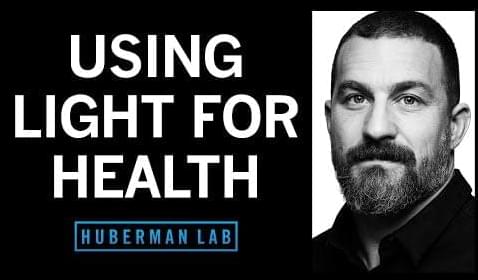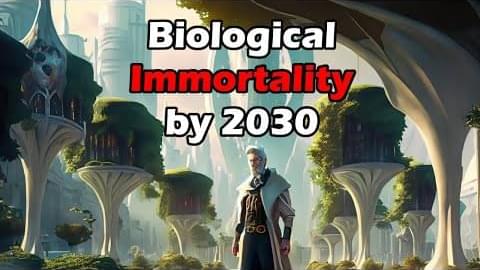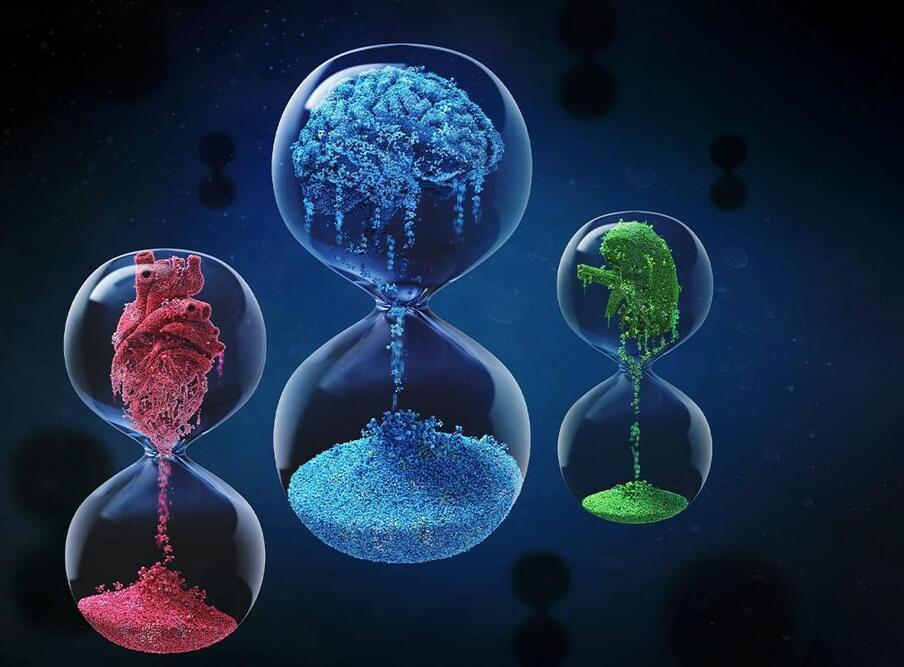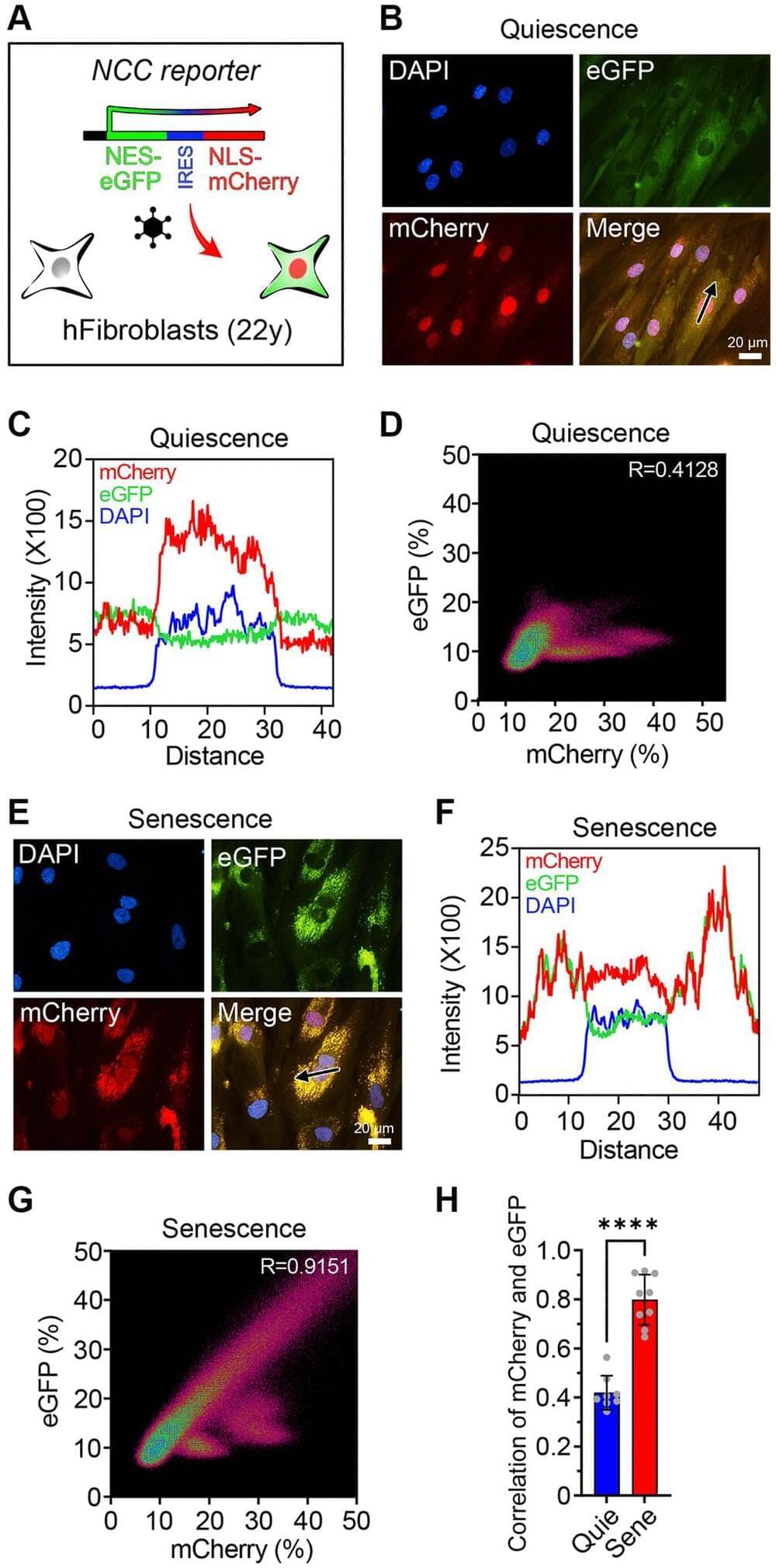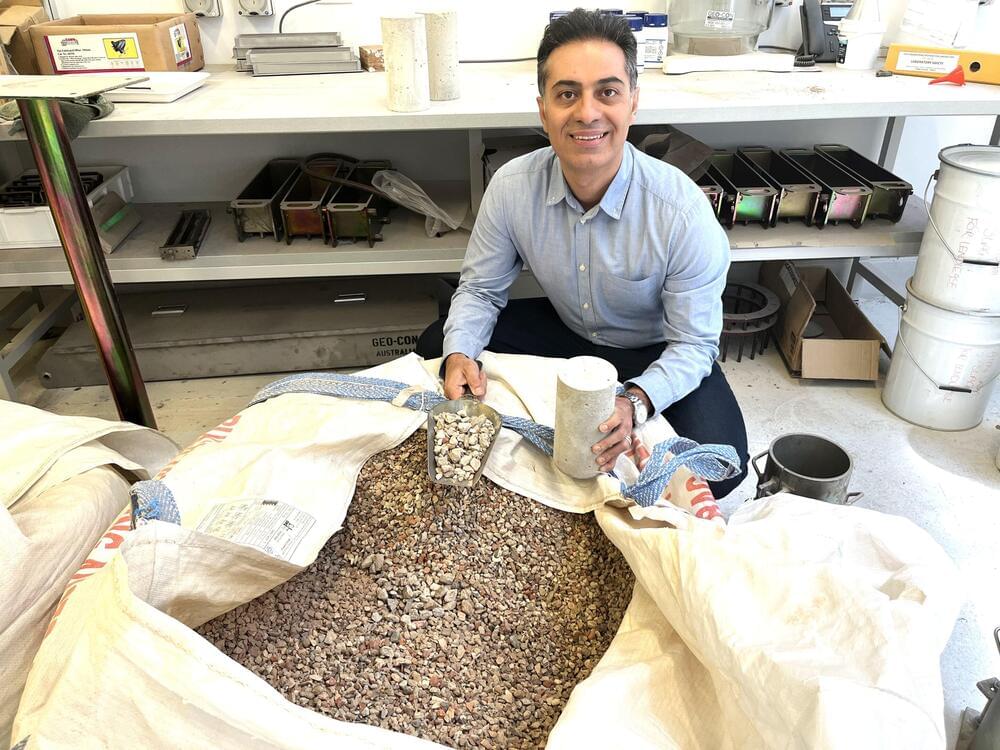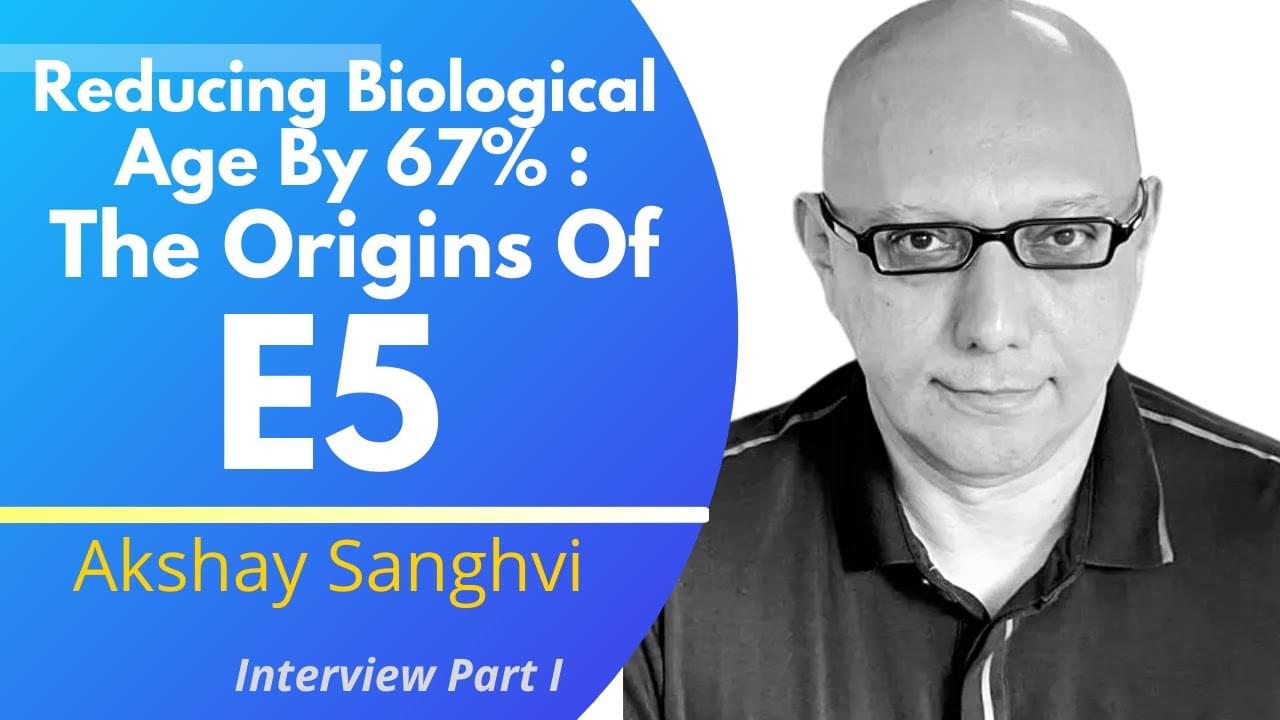Dec 8, 2023
Optimizing Health with Light: Sunlight, Blue Light & Red Light
Posted by Chris Smedley in categories: biotech/medical, life extension, neuroscience
I describe the mechanisms by which different wavelengths of light impact the cells, tissues and organs of the human body, and how specifically timed light exposure of specific wavelengths can be used to improve sleep, enhance alertness, modulate hormone levels, and improve mood. I also explain the use of ultraviolet and infrared phototherapies to relieve pain increase testosterone and estrogen levels; improve skin health, appearance and wound healing; and how red light can be used to offset age-related vision loss and provide neuroprotection. Throughout the episode, I describe the mechanisms of light-based therapies and actionable tools that people can use positively impact mental and physical health.
